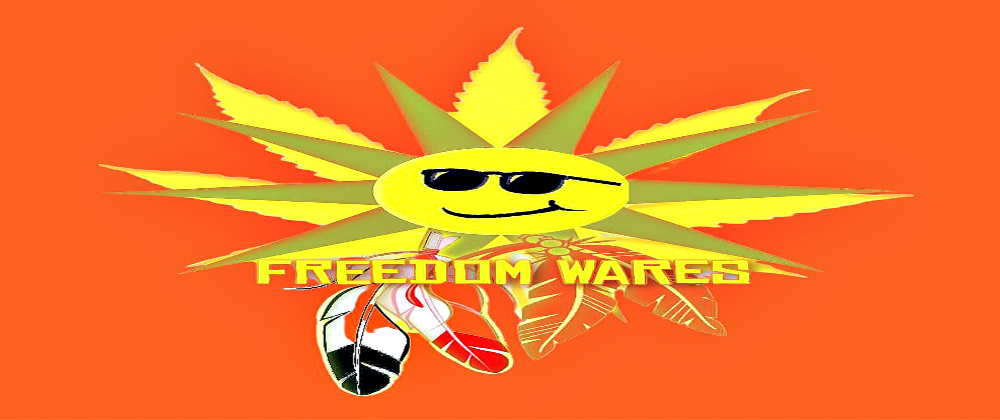- PMID: 39034647
- DOI: 10.1080/14737175.2024.2382463
Abstract
Introduction: Tourette syndrome (TS) is a childhood-onset neurobehavioral disorder characterized by tics. Pharmacotherapy is advised for patients whose symptoms affect their quality of life.
Areas covered: The authors review the tic phenomenology and TS diagnostic criteria. The bulk of this article focuses on pharmacotherapeutic options for treating tics. They also highlight pharmacotherapies in the research pipeline.
Expert opinion: Tic treatment must be tailored to individual needs. Behavioral therapy is the first line of treatment. Most with bothersome tics need pharmacotherapy and rarely, for medication-refractory cases, surgical therapy is indicated. Alpha-2 agonists are considered in patients with mild tics, especially in those with attention deficit with or without hyperactivity. Second-generation antipsychotics like aripiprazole and tiapride may be considered for severe tics. However, prescribers should be mindful of potential side effects, especially drug-induced movement disorders. Botulinum toxin injections may be considered for focal motor tics. Topiramate can be considered when other treatments are ineffective, and its benefits outweigh the risks. The same holds true for vesicular monoamine transporter-2 inhibitors, as they are deemed to be safe and effective in real-world use and open-label trials despite not meeting primary endpoints in placebo-controlled trials. Cannabinoids may be considered in adults if the approaches above do not control tics.
Keywords: Botulinum toxin, Tourette syndrome, VMAT2, alpha-2 agonists, aripiprazole, tics
Similar articles
-
Current Management of Tics and Tourette Syndrome: Behavioral, Pharmacologic, and Surgical Treatments.Neurotherapeutics. 2020 Oct;17(4):1681-1693. doi: 10.1007/s13311-020-00914-6.PMID: 32856174 Free PMC article. Review.
-
Aripiprazole for the treatment of Tourette syndrome.Expert Rev Neurother. 2021 Apr;21(4):381-391. doi: 10.1080/14737175.2021.1893693. Epub 2021 Feb 26.PMID: 33612035 Review.
-
Current and emerging pharmacotherapeutic strategies for Tourette syndrome.Expert Opin Pharmacother. 2022 Sep;23(13):1523-1533. doi: 10.1080/14656566.2022.2107902. Epub 2022 Aug 1.PMID: 35913140 Review.
-
Current pharmacotherapy for tic disorders.Expert Opin Pharmacother. 2020 Apr;21(5):567-580. doi: 10.1080/14656566.2020.1721465. Epub 2020 Apr 14.PMID: 32286097 Review.
-
Clinical development of valbenazine for tics associated with Tourette syndrome.Expert Rev Neurother. 2021 Apr;21(4):393-404. doi: 10.1080/14737175.2021.1898948. Epub 2021 Apr 1.PMID: 33682568 Review.
Cited by
-
Applications of Long Short-Term Memory (LSTM) Networks in Polymeric Sciences: A Review.Polymers (Basel). 2024 Sep 14;16(18):2607. doi: 10.3390/polym16182607.PMID: 39339070 Free PMC article. Review.


